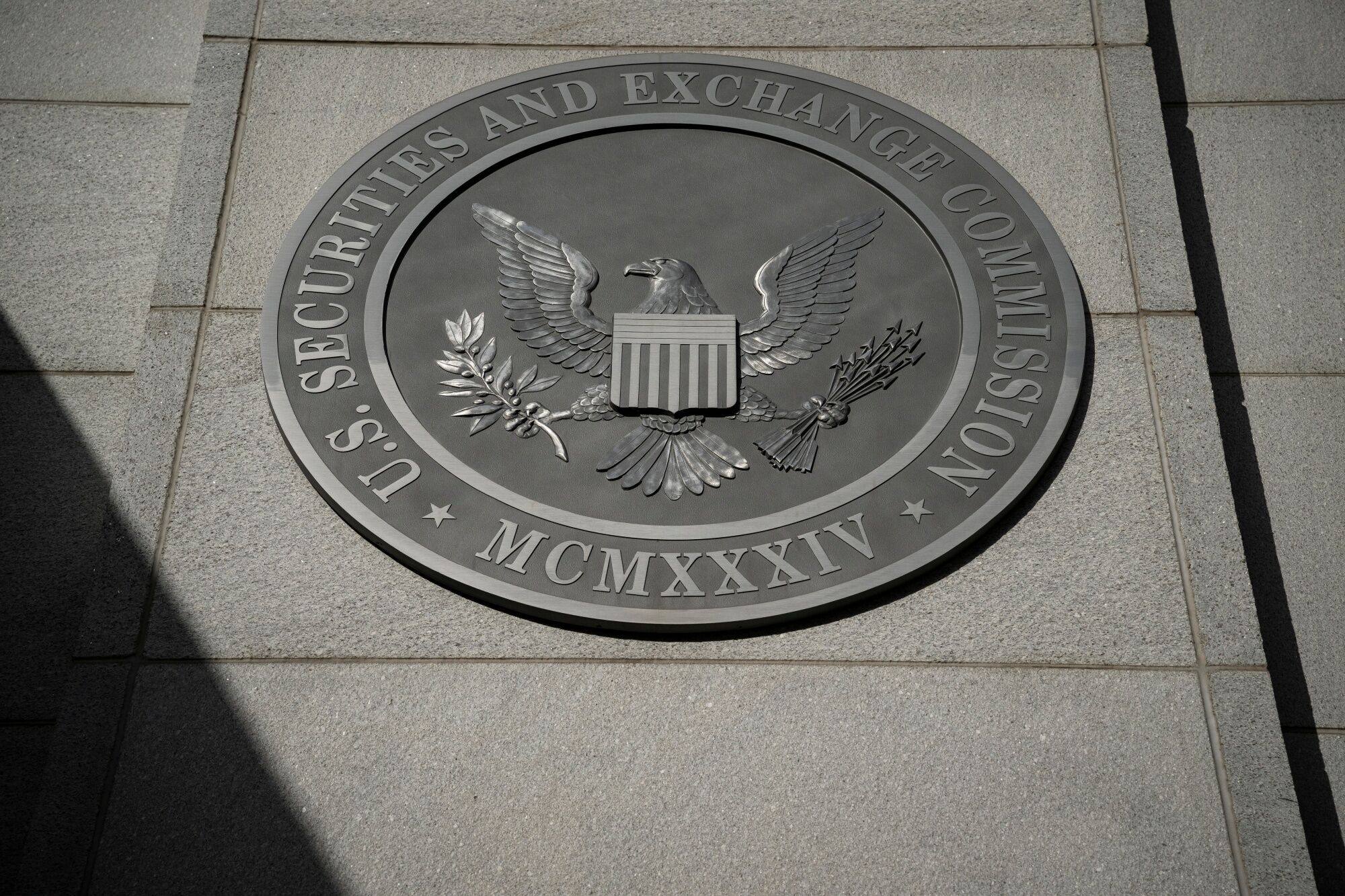
BlackRock’s US$20-billion ETF is now the world’s largest bitcoin fund, dethroning Grayscale’s rival crypto trust
- BlackRock’s spot bitcoin exchange-traded fund held US$19.68 billion in total assets as of Tuesday
- The firm’s iShares Bitcoin Trust has attracted the greatest inflow, totalling US$16.5 billion, since nine crypto ETFs debuted in the US in January
The BlackRock and Fidelity spot bitcoin ETFs were among nine that debuted on January 11, the same day the more than decade-old Grayscale vehicle converted into an ETF. The launches were a watershed for cryptocurrencies, making bitcoin more accessible to investors and spurring a rally in the token to a record US$73,798 by March.
The iShares Bitcoin Trust has attracted the greatest inflow, totalling US$16.5 billion, since going live in January, while investors have pulled US$17.7 billion from the Grayscale fund over the same period. The latter’s higher fees and exits by arbitrageurs have been cited as possible drivers of outflows.

Neither BlackRock nor Grayscale Investments immediately replied to requests for comment outside regular US business hours.
Grayscale intends to launch a clone of its main fund, according to a March regulatory filing, and fees are expected to be lower, a person familiar with the matter said at the time.
The firm created the Grayscale Bitcoin Trust in 2013 and it became well-known as the biggest such vehicle. But shares in the closed-ended product sometimes traded at substantial premiums or discounts to its net asset value, prompting Grayscale to push for a conversion into an ETF to ensure trading at par.

The group of bitcoin funds – with assets of US$58.5 billion to date – have been hailed as one of the most successful new ETF categories. But critics argue volatile digital assets are ill-suited to widespread adoption, even within ETFs.
Bitcoin has quadrupled in value since the start of last year, helped by the ETFs, in a powerful recovery from a deep bear market in 2022. The token rose about 1 per cent to US$68,797 as of 12:48pm on Wednesday in Singapore.

